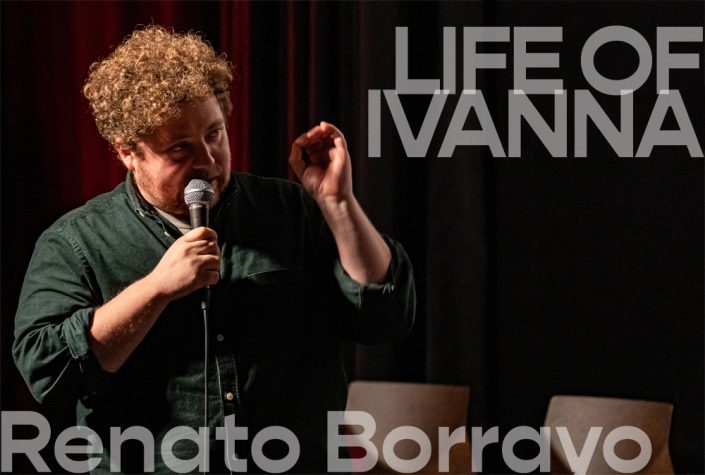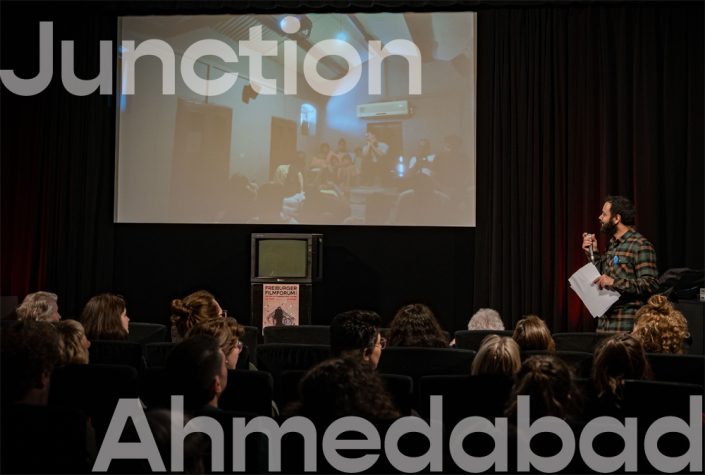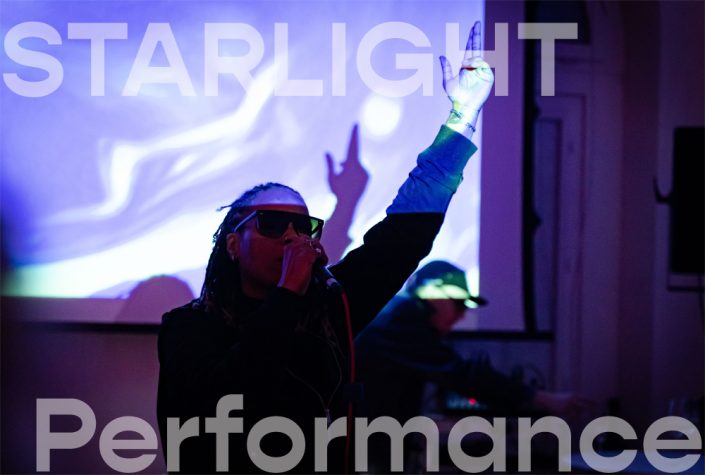Films are made of light, and we cannot make films without light. Yet light itself only becomes visible through the aspects of the world that it reveals. And to complicate matters further, when looking closely, light appears not only to be a visual phenomenon but may also be reflected through sound, taste, smell, touch, and thought.
Using examples from the recent film LIGHT UPON LIGHT (Hassala Films 2022), the filmmakers invite all participants for a discussion of cinema’s relationship to the invisible. They understand the invisible to be a part of the dimensions of visible reality which lie hidden in shadows, behind objects or outside the frame of an image. Furthermore, different forms of invisibility can lie in those conceptual, ideological, structural, or spiritual dimensions of human reality that cannot be directly seen or captured by a camera.
In LIGHT UPON LIGHT, they explored the interface of the visible and invisible by focusing on experiences of an inner, spiritual, or mystical light. As well as the physical light, the light of the sun or the electrical lights illuminating the streets of Cairo at night. Both the inner and the outer light cannot be fully captured with a camera.
The filmmakers tried to attend to the visible, invisible, and multisensorial dimensions of luminosity through juxtaposing of different sources of light: through montage, the atmospheres and rhythms of ritual action or the words and gestures of people. They also tried to illuminate the backstage of the film production - through including our ongoing dialogue about the project in its making.
In this workshop Mustapha Muhammed and Christian Suhr wish to specifically address the gaze or perceptual mode of the filmmakers. While the perceptual mode of a filmmaker is not directly visible, it is nevertheless reflected and felt in the resulting footage. In exploring this form of invisibility, they wish to discuss the consequences of different modes of perception, specifically what happens when travelling between modes of perception characterized by love, desire, appreciation, or devotion, but also fear, insecurity, arrogance, anger, or indifference.
Muhammad Mustapha is a filmmaker based in Cairo. Since 2011 he has taken a multidisciplinary approach towards filmmaking working as a scriptwriter, editor and director. His work focuses mainly on themes of masculinity, manliness and the male – such as in male power dynamics and male dominated spaces; in a hybrid form between fiction and documentary.
Christian Suhr is a filmmaker and professor at the Department of Anthropology, Aarhus University, Denmark. He is working on experiences of spirit possession, psychiatric illnesses, religious healing, and how film can be used to approach unseen dimensions of human life.
The Workshop will be held in English.









